Speakers of PEPSC 2026
To be announced
Past Speakers
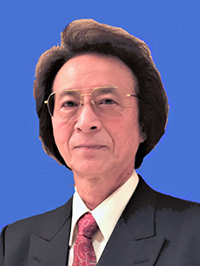 |
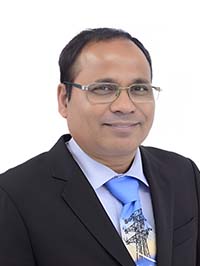 |
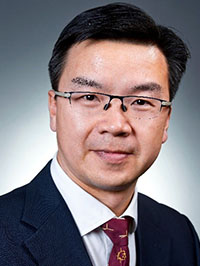 |
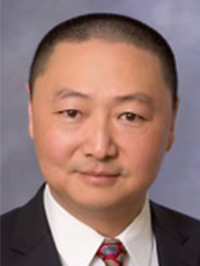 |
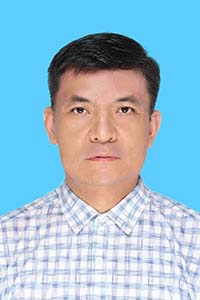
|
| Prof. Ryuichi Yokoyama Waseda University, Japan |
Prof. Bikash Pal Imperial College London, UK |
Prof. Jinjun Liu Xi’an Jiaotong University, China |
Prof. Yi Zhang RTDS Technologies Inc., Canada |
Prof. Haoyong Chen South China University of Technology, China |
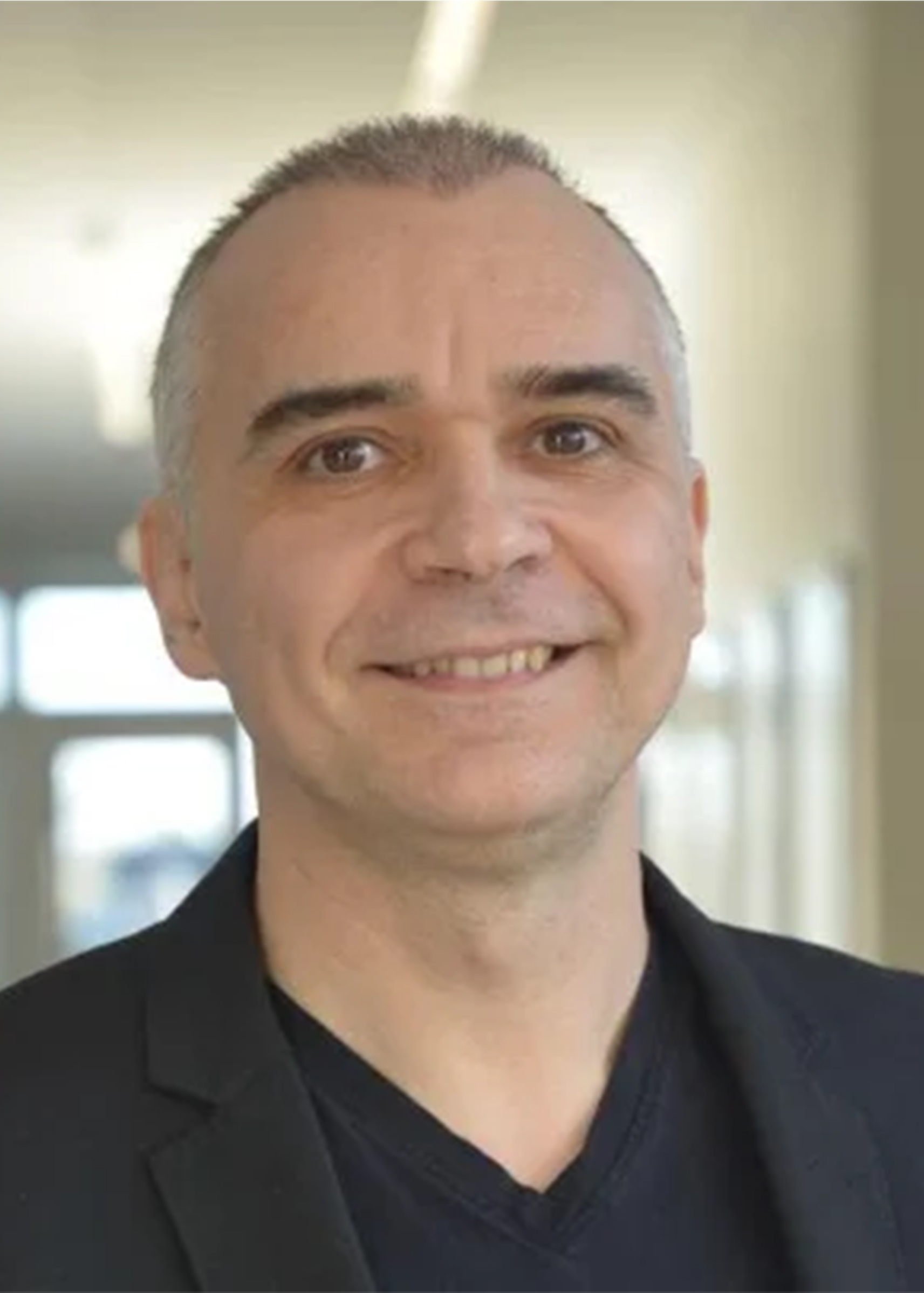 |
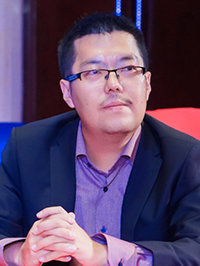 |
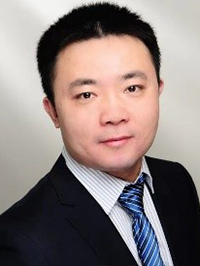 |
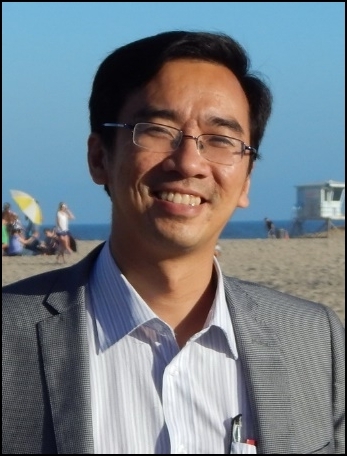 |
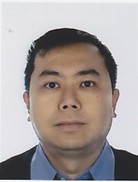 |
| Prof. Josep M. Guerrero Alborg University, Denmark |
Prof. Weihao HU University of Electronic Science and Technology of China, China |
Prof. Rongwu Zhu Harbin Institute of Technology, China |
Prof. Lim Boon Han Universiti Tunku Abdul Rahman, Malaysia |
Dr. Danny Pudjianto Imperial College London, UK |